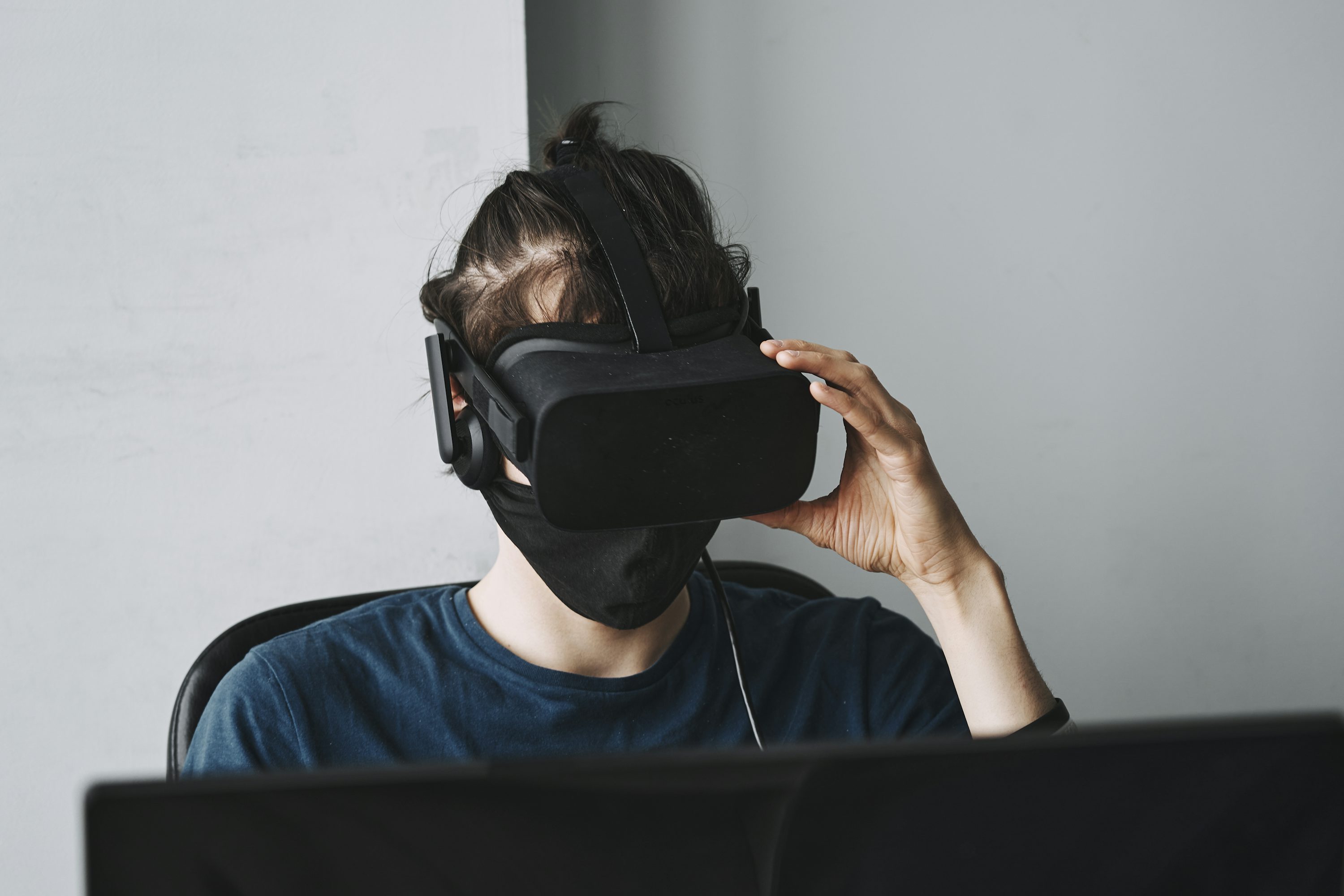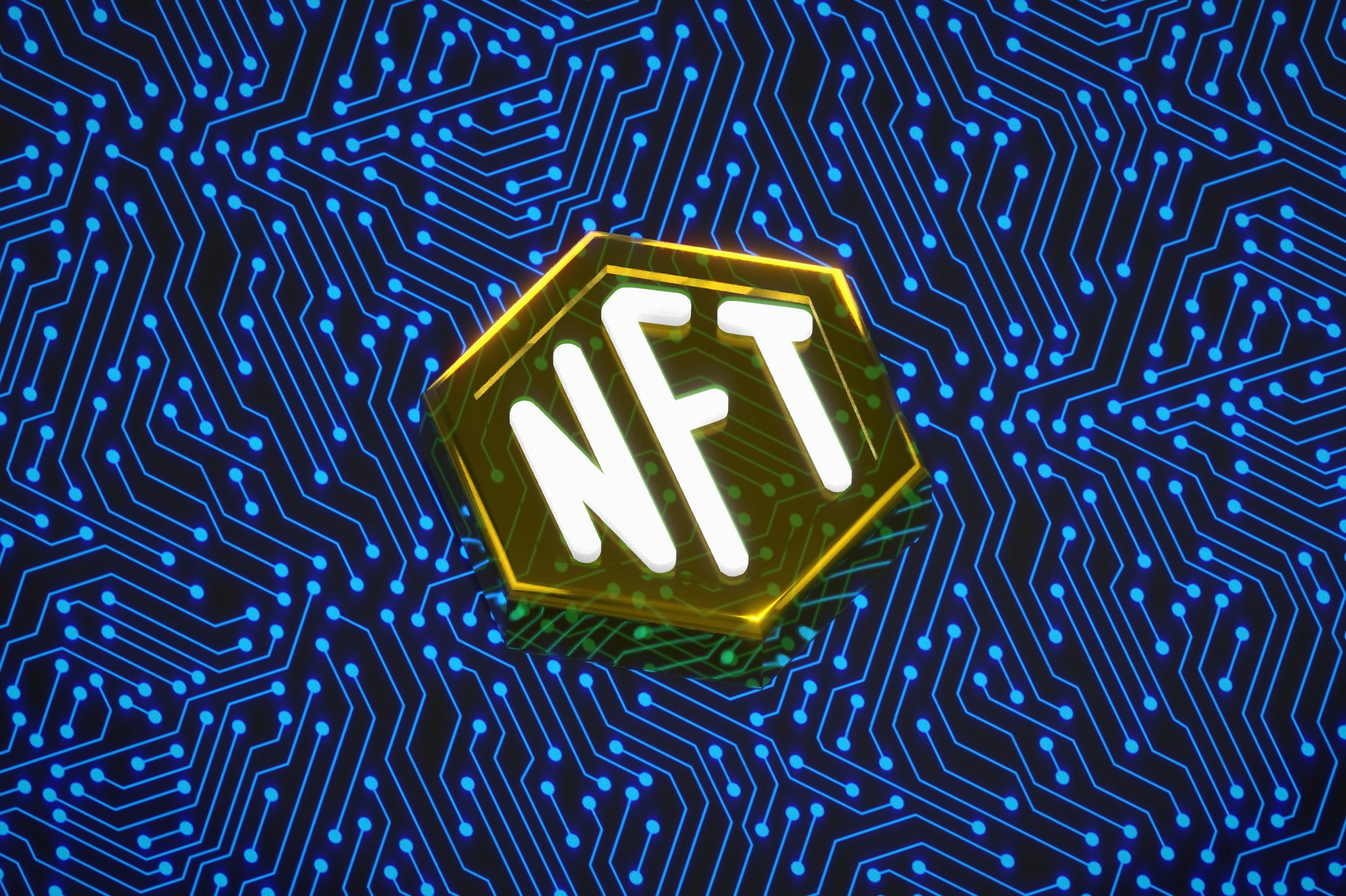The wave of Metauniverse has swept the world, and virtual properties such as virtual real estate, digital currency and NFT digital collections have emerged one after another. Their protection issues have become the focus of all walks of life, and the insurance industry is actively exploring them.

In the vibrant United States, Liberty Mutual and State Farm, large property insurance companies, have set foot in the field of meta-cosmic insurance. They not only provide insurance for virtual assets, but also protect against the risks faced by operators of Metauniverse products, such as hacking, business interruption, privacy leakage and ransomware attacks, and help operators maintain operations or resume business when they suffer such incidents.
Japan's Sompo Japan has also taken active actions, signing an agreement with ANA NEO, a virtual digital life and mobile game platform, to expand the meta-cosmic partnership. By participating in ANA NEO's Metauniverse Project, Sompo Japan verified various business cases focusing on insurance and risk management, including the marketability and commercial feasibility of insurance product development, and analyzed the data in Metauniverse, laying the foundation for launching insurance products and services suitable for Metauniverse.
In some virtual worlds, the guarantee methods also have their own characteristics. For example, in the blockchain Upland game, players buy and use virtual properties mapped to real-world addresses, their digital currency UPX and the real estate ownership obtained through smart contracts to ensure data security through blockchain technology, and NFT to ensure the ownership security of specific goods or services. However, it remains to be seen whether this guarantee can become a standard operation and how to apply real-world laws.

There was a land theft incident on Decentraland, and the insurance company paid the equivalent of US dollars, but it took 47 days to confirm the ownership through blockchain evidence collection; CryptoPunk insured by collectors was also stolen, and insurance companies frozen transactions and recovered assets through smart contracts, but the premium was as high as 5% of the value of the collection.

At present, the virtual property insurance in the meta-universe is still in the early stage of development, facing many difficulties, such as the great fluctuation of the value of virtual property, the complex and diverse risk factors, and the lack of unified standards and norms. However, with the continuous development of the Metauniverse and the maturity of related technologies, virtual property insurance is expected to expand a broader development space and provide more comprehensive and effective protection for all kinds of virtual assets in the Metauniverse. In addition, the regulatory agencies in different countries and regions are gradually paying attention to this emerging field, and began to explore the formulation of corresponding regulatory policies and regulations to ensure the healthy development of the virtual property insurance market and protect the legitimate rights and interests of consumers. In the future, with the deepening of the global understanding of the meta-universe and the promotion of innovation in the insurance industry, virtual property insurance is expected to become an indispensable part of the meta-universe economy and help the meta-universe economy move forward steadily.




